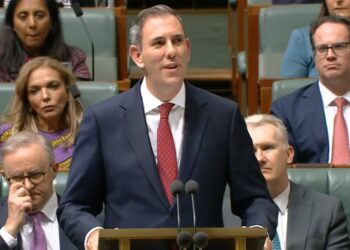Following the royal commission’s request for more information following the second round of hearings, ASIC was asked to outline its stance on how licensees can “best incentivise the provision of good quality financial advice, including in situations where the best advice for a customer is not to change anything at all”.
In response, ASIC’s submission stated: “If the financial advice industry had a true professional ethos then, in ASIC’s view, it ought not to be necessary to incentivise financial advisers to provide good quality advice.”
But in order for good advice to be incentivised, the regulator highlighted that the provision of good quality advice must first be identifiable.
This would have to involve an “expert, objective review” of the advice being given, ASIC argued, with the “use of ‘customer satisfaction’ as a measure of the quality of advice given … likely to be deficient”.
“This is because financial advice consumers are typically not good judges of whether the advice they receive is actually good quality advice, given in their best interests, and may assess advice on other subjective criteria, such as the rapport they have with an adviser,” the submission said.
The review of advice could be conducted as part of a “routine compliance audit”. Once the provision of good advice had been identified, the licensee could then reward it.
“On the other hand, remuneration which operates to incentivise advisers to recommend any particular advice outcome, or any particular product, or to ‘switch’ clients between products, will tend to work against advice in the client’s best interests,” the submission said.
“ASIC’s position is that there should be no difference in the remuneration for advice that is in the client’s best interests, whether it be to recommend change or no change to an existing investment strategy.”
To read the full responses to the royal commission please visit: https://www.ifa.com.au/news/25505-royal-commission-round-two-responses-released




I’m very surprised that ASIC say they are under resourced. Surely they can find employees that will work for no income. After all that’s what they expect Financial Advisers to do.
Very good point ASIC. And the best remuneration model for clients to get professional ongoing advice to not change anything, is ongoing fees.
An accounting style of model in which all ongoing service is at the client’s instigation, and only billed after provision of time consuming deliverables, encourages both clients and advisers to favour unnecessary changes. It leads to an environment where clients call advisers in response to market volatility, and request changes to their portfolio. They would be much better off if the adviser called the client in response to market volatility, to remind them about their specific long term goals and strategy and the benefits of not reacting to short term events.
But the adviser needs to be getting an ongoing fee for the work involved in monitoring markets and legislation in relation to specific client situations, and being proactive when necessary. Most clients are happy to pay that fee for the peace of mind provided by knowing a professional is keeping an eye on their situation and will contact them when necessary.
they come from “bureaucracy – never – been – in -“business – for – myself PLANET”.. on this planet you create red tape rules, drive up compliance costs and put honest hardworking financial planners out of business..
I some times truly wonder what planet ASIC is from….